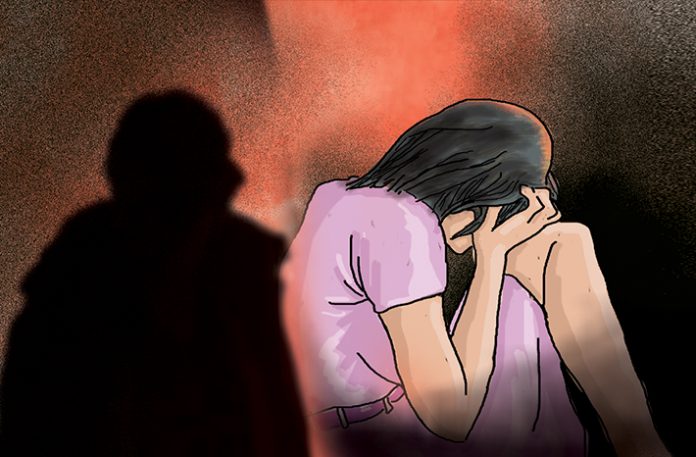In a recent case of alleged rape and murder of two minors, a UP police officer revealed the names of the victims, violating a Supreme Court order against such acts. Many news outlets also published the names.
By Sujit Bhar
If the Hathras tragedy promised to remain a prime example of bureaucratic apathy and bungling, especially in Uttar Pradesh, more was in store for the poor and the downtrodden. On November 16, bodies of two minor girls were recovered from a pond in a village in the Fatehpur district of the state. They were sisters belonging to the Dalit community. When it comes to Uttar Pradesh, such news doesn’t even raise eyebrows today. However, in this case, there has been a twist.
The family of the victims has alleged that it was murder after a failed rape bid. There has been no confirmation, but the dark shadow of rape and consequent murder is already there. The bodies of the young girls have been sent for post-mortem, and before the full report is available, there is little one can do but wait.
Meanwhile, though, has come the bold and nonchalant statement from ASP Rajesh Kumar, declaring to the media news published in several outlets the names of the victims, despite a pending complaint of possible rape. Most news outlets (not India Legal) published the names of the unfortunate girls, without a thought as to how it could impact the family, the memory of the innocent girls and the Dalit community as a whole. As it seems, the overall system has been desensitised towards rape, towards any POCSO crime and towards any crime in general. It does not touch any nerve, does not make one feel ashamed.
The Supreme Court has been very clear in its instruction regarding publishing and publicising in any form, names of rape victims or POCSO victims. Even the name of the Hathras victim whose rape is yet to be proved (primarily because tests were carried out 12 days after the incident), has not been widely known. The Kathua rape victim’s name, though initially published, had been quickly snubbed out by the court. And the identity of the Nirbhaya case victim despite her mother openly naming her has remained behind some correct censorship and civility.
On December 11, 2018, the Supreme Court had placed a total ban on the media from publishing or broadcasting the names or any material that might even remotely reveal the identity of victims of sexual crimes. The order of the apex court was specific: “No person can print or publish in print, electronic, social media, etc the name of the victim or even in a remote manner disclose any facts which can lead to the victim being identified and which should make her identity known to the public at large. The bar extends to anything which can even remotely be used to identify the victim.” That was the order passed by the bench of Justices Madan B Lokur and Deepak Gupta.
The order did not stop at that. It clarified that this, under Section 228A(2) of the IPC, was not restricted to just the name of the victim. The word “identity” represents a much larger picture, including the exact address of the victim, her parents, her relatives and many more indicators. Justice Gupta had made it clear in the order that he wrote: “The intention of the lawmakers was that the victim of such offences should not be identifiable so that they do not face any hostile discrimination or harassment in the future.”
In this case, the victims have been brutally murdered injury marks have been found in their eyes too but does that exonerate the media and the police? This did not happen in the Nirbhaya case, the Kathua case and even in the Hathras case. Why here?
The Supreme Court had other aspects in the order. It had said that the documents that disclose the identity of the victim should be “kept in a sealed cover”. The order also instructed the authorities which, obviously, included the police that they are dutybound to keep it (the identity) a secret.
That is why, in our courts, when a victim files an appeal, she is allowed to use Ms XX instead of her name in the section of the form where the plaintiff’s name is required. This is a facility that courts of India have always provided. This is the goodness of Indian judiciary.
There is only one exception allowed. The Supreme Court has said that only Special Courts under POCSO can permit the disclosure of the identity of a minor victim, “that too, only if such divulgence were in the interest of the child”.
That is the sum and substance of the order that all are required to follow. Of course, the Uttar Pradesh Police live at the level of nirvana. They are not the law, they are above it.
Read Also: Kunal Kamra Controversy: Comedy As Dissent
ASP Kumar even offered several pieces of detail of the deaths, including that the bodies of the victims had injury marks in the eyes. Maybe the courts should take suo motu cognisance of this, a crime in itself.


